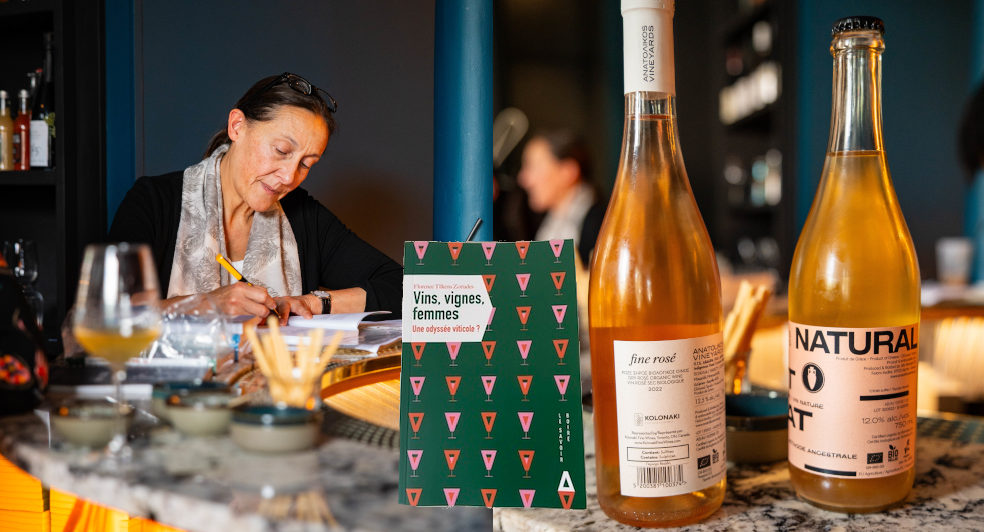The Champagne Widows
13th June 2024

Or the delights of widowhood in a famous wine-growing region!
While enjoying a glass of Veuve Clicquot Brut Champagne, you may wonder why the word veuve, the French word for widow, is mentioned on some Champagne labels. Well! This brings us back to the Napoleonic Code (the French Civil Code), women’s status in 19th-century France and French inheritance rules.
Enacted on 21st March 1804, the French Civil Code, Europe’s first liberal and bourgeois code, consolidated male domination by creating a status for women as legal minors. Its particularly rigid matrimonial and family provisions deprived women of legal rights and made them subject to the authority of their father or husband.
Article 1124 of the French Civil Code stated: « minors, married women, criminals and mentally handicapped persons are deprived from legal rights. »
The Civil Code had a worldwide impact: it had influence over the Dutch, Romanian, Italian, Portuguese and Spanish codes, as well as the Grand Duchies of Baden, Berg, Rhineland and Warsaw and the Free City of Krakow, thus exporting a perfectly institutionalised discrimination against women. While inheritance law provided for equitable distribution among heirs, subjecting women to the authority of a father or husband prevented them from owning property or running a business… with the exception of widows!
Far from softening the blow of female subordination, the case of Champagne’s widows highlighted the iniquity of family law in France: a powerful instrument for making wives invisible and widows visible. Before 1965, a wife could only exercise a profession with her husband’s authorisation, and her ability to perform legal acts was limited. However, on the death of her husband, she regained legal personality, which opened up the possibility of taking over a business. Strong feminine business figure of the 19th century, the Clicquot widow is an example of how the loss of a husband meant autonomy and independence for a woman. The experience a widow had acquired as a collaborating wife, and not just as a housewife, therefore enabled her to continue and even develop her late husband’s business.
Even if this was subject to certain conditions such as the knowledge of the trade, widowhood thus provided the legal legitimacy to take over and run a business or, in the case of Champagne, a trading house. The only requirement was the mention of the word veuve (ie widow) on labels and other commercial documents.
With a few exceptions, the great Champagne houses were founded in the 19th century. Champagne entered the world of business: investments by bankers such as Clicquot and textile manufacturers such as Ponsardin and Pommery stimulated the marketing of Champagne as it shared the international sales networks of the textile industry. Widows such as Apolline Godinot Veuve Henriot, Barbe-Nicole Ponsarin Veuve Clicquot, Jeanne Alexandrine Louise Mélin Veuve Pommery, Mathilde-Emilie Perrier Veuve Laurent and many more changed the world of Champagne with their innovations in winemaking as well as in marketing and exporting. They made a remarkable contribution to the growth and prestige of Champagne. Just imagine how poor and sad this world of wine would be without these nineteenth-century widows? Despite the burden of a patriarchal system and a male-dominated environment, they succeeded in shaping the Champagne industry and made it what it still is today.
Florence Tilkens Zotiades
Based on Florence’s latest book, “Vins, vignes, femmes”, Le Savoir Boire collection at Editions Apogée
Photo credit: fannyrlphotography
![]()
Florence Tilkens Zotiades
Wine writer, conference speaker and international wine judge. Born and raised in France, she is an MA graduate in languages and business.. After 25 years in France, she returned to London and in 2016 became a certified sommelier. Recently she has become a course instructor in geo sensory tasting. She focuses on organic and biodynamic wines from Greece and France.
